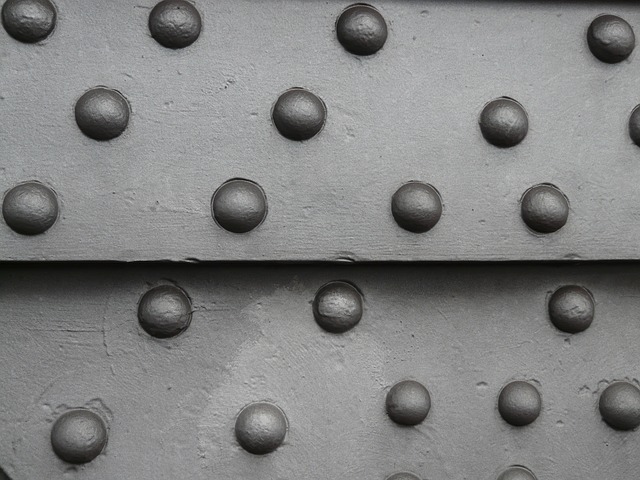Rivets loosen. Welds break. Many boaters find themselves in heated debates in defense of whichever form of aluminum connection their boat uses. Welds are more common, but that’s not to say that rivets are at all a rare sight.
In taking your own stance, just be sure not to fall victim to the argument over appearance. Rivets and welds are both ugly and beautiful in their own special ways. Function must be the deciding factor.
Rivets
Rivets are relatively simple to fix without specialized equipment. Welds require x-ray approval after application, which could be interpreted as a pro-weld argument point for its precaution, or it could be a reminder than welds are more prone to weakness and need additional reassurance.
Corrosion starts at rivet holes, but fatigue cracks can initiate in welds, as well as corrosion. Rivets are mostly fatigue-resistant because the metal around the rivet hole is in compression. And not all alloys of aluminum are weldable.
A good exemplary point in favor of rivets is that most jet airplanes throughout the history of aviation have been constructed with them. Many new planes use high-power adhesives, but the fuel tanks inside wings still use rivets. Kerosene in jet fuel is much slipperier than water, and requires a more definite seal, a testament to rivets’ proven engineering integrity.
Lund has long been known for its riveted designs, which can be seen here.
Welds
When welds are done by professionals, they do not weaken the metal. The upside to this is that you don’t have to worry about hundreds of rivet holes present, offering several chances to let water in. On the other hand, anything less than a perfect weld can leave the boat’s quality in question.
Welding is often passed on because of the equipment necessary to make repairs, but more portable and practical options have shown up in recent years.
If a riveted boat hits a rock, it can blow dozens of rivets, but a welded boat will only be dented. A simple but effective argument in favor of welding is, “Why drill hundreds of holes in a boat and expect it to float?” The U.S. Navy builds ships with all-welded construction.
Crestliner makes welded boats, which can be seen at https://www.crestliner.com/
Better Alternatives
On the cutting edge of the argument, it seems like neither are as reliable as high tech adhesives used on modern aircrafts. But fortunately for boat makers who join their aluminum with welds and rivets, most modern epoxies and adhesives are far too expensive to use economically. Also, the idea of adhesive’s effectiveness in water is enough to steer many seafarers away from it.
When it comes to a choice between rivets and welds, oftentimes it comes down to the skills and equipment of the people who will repair it when necessary.
Photo credit: Pixabay








